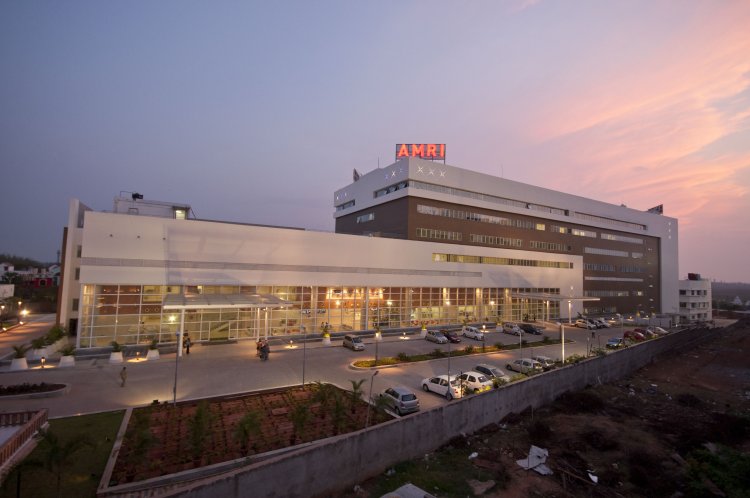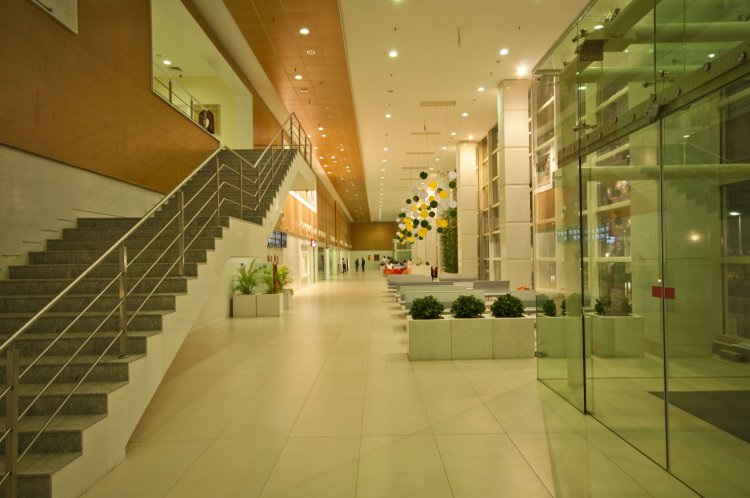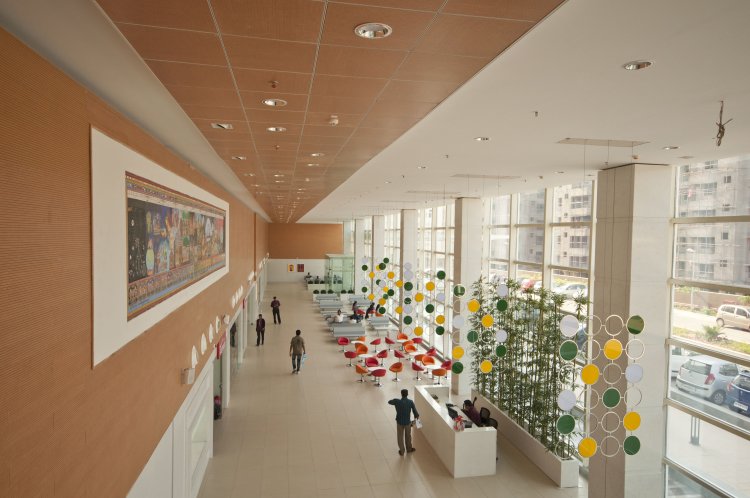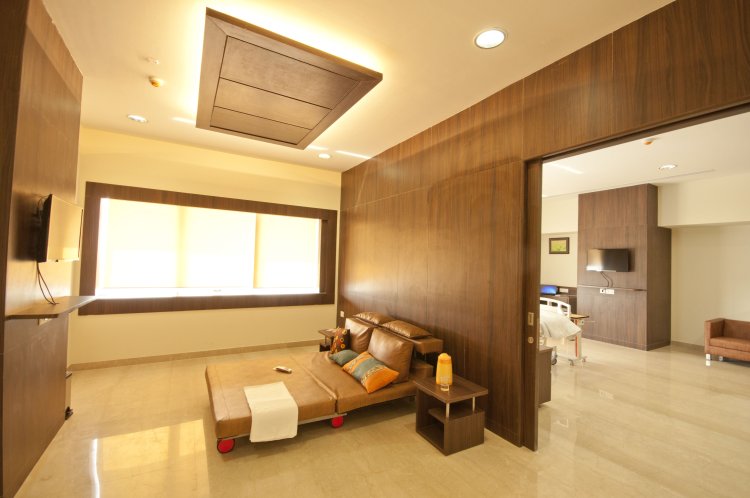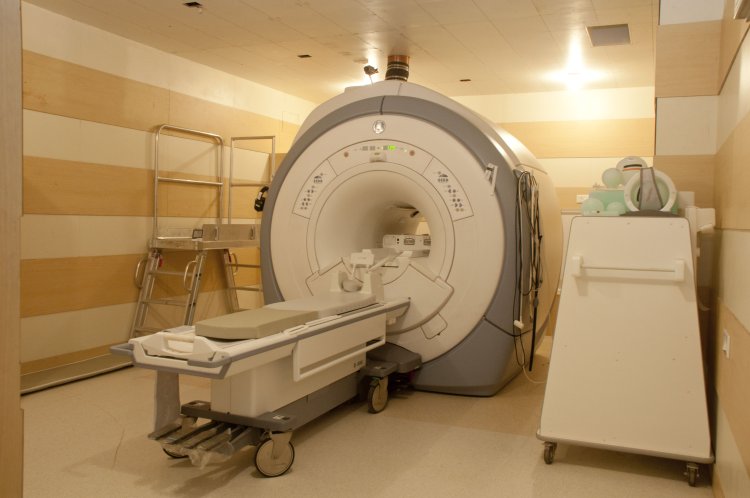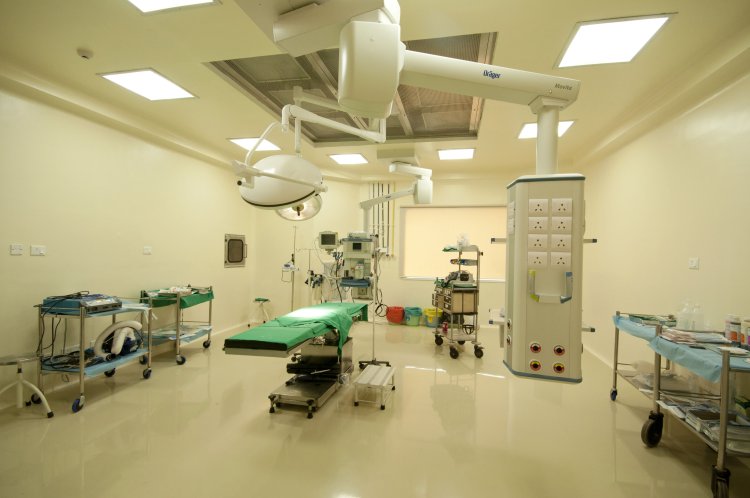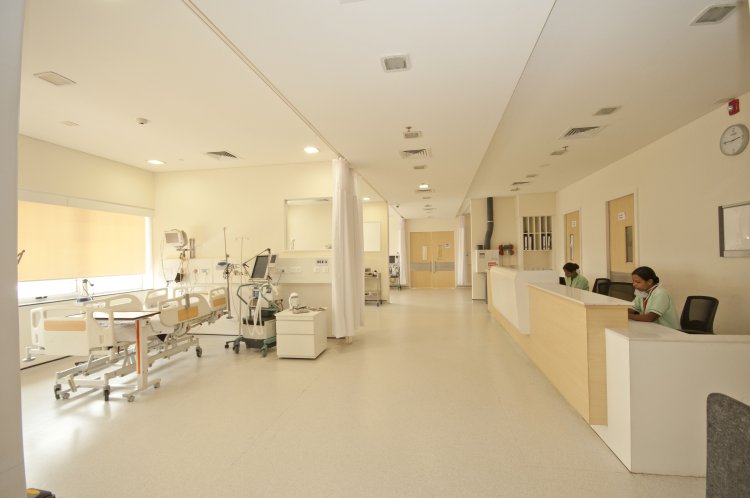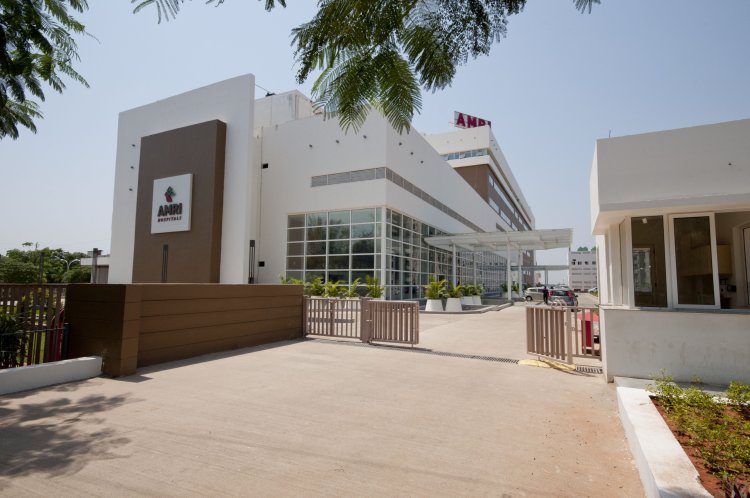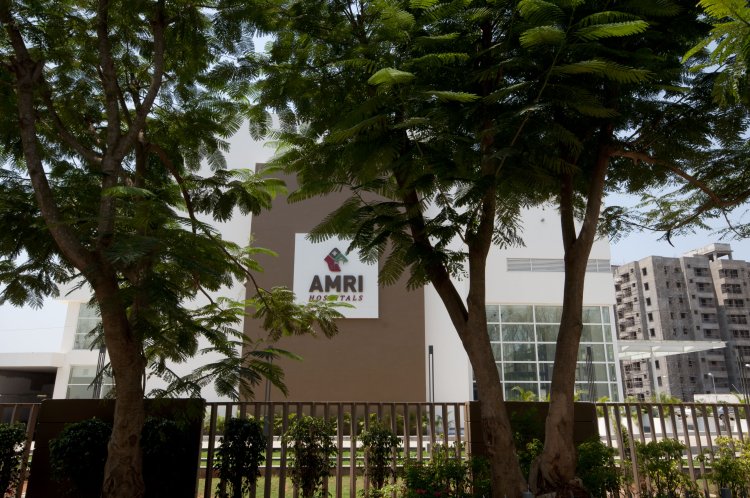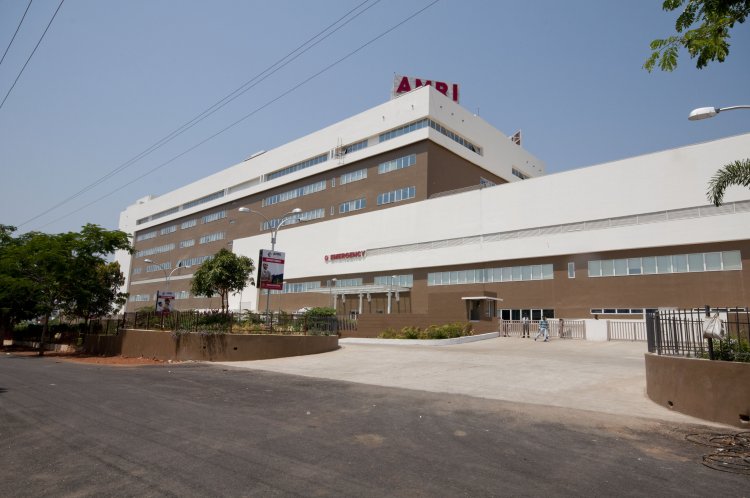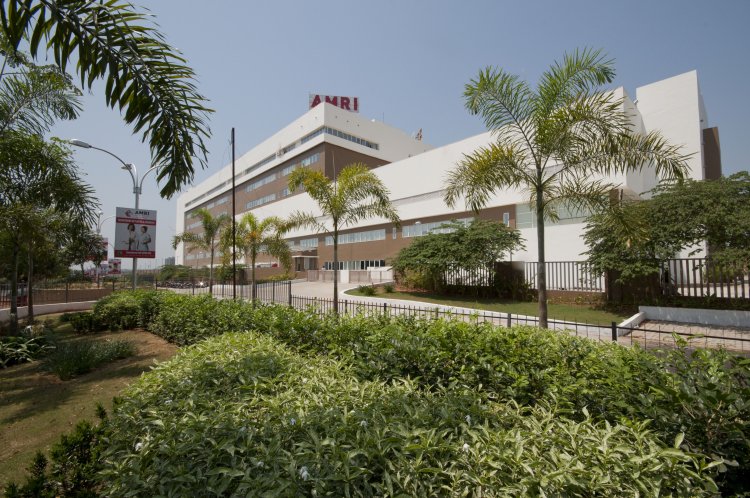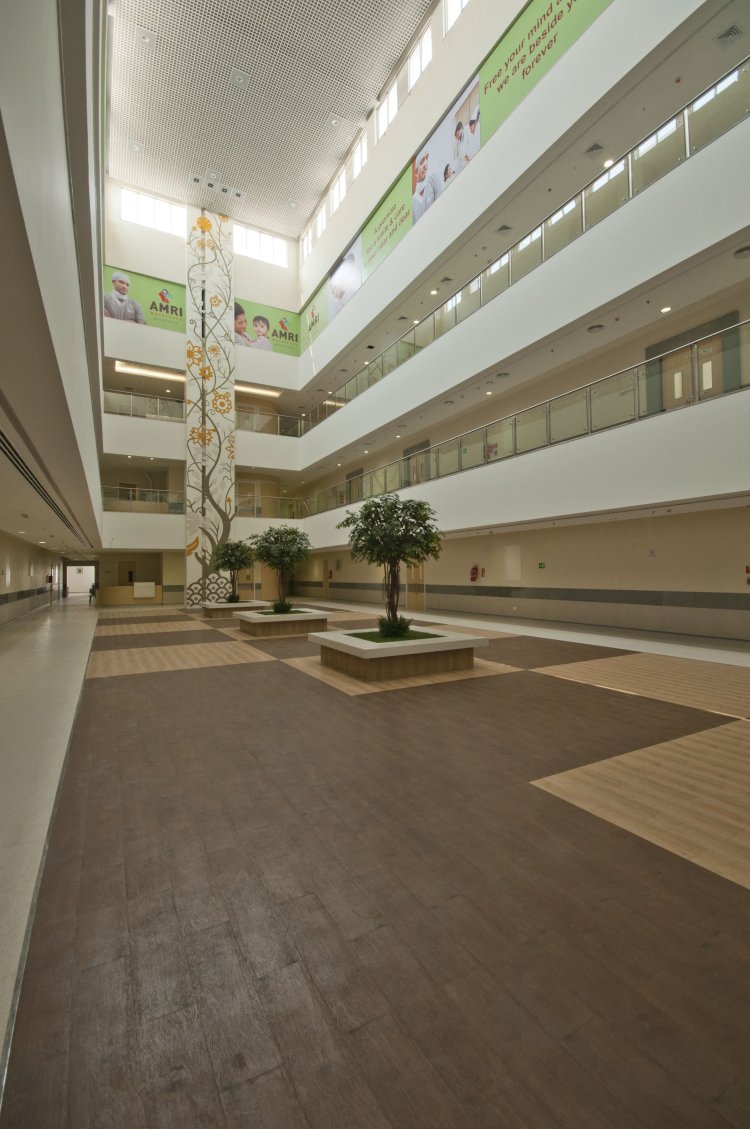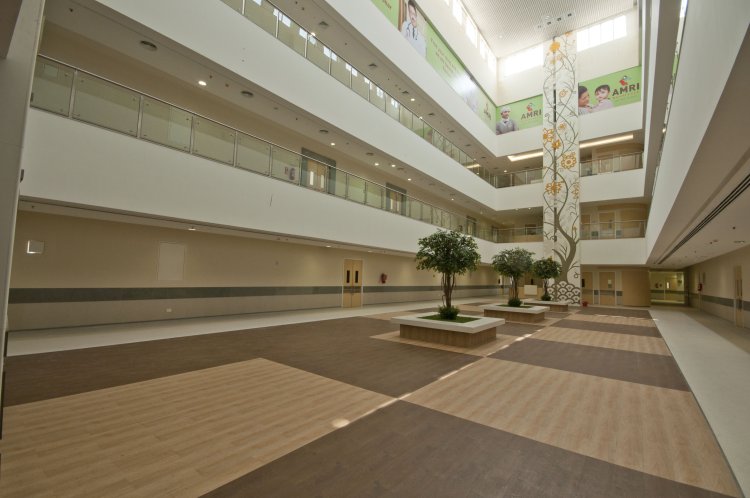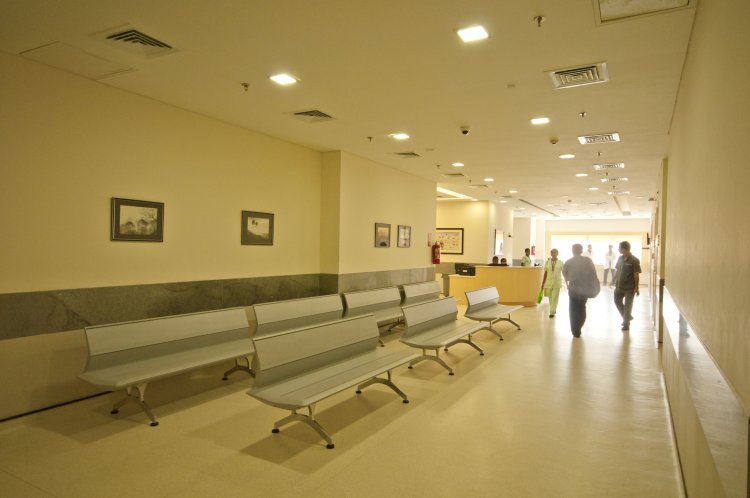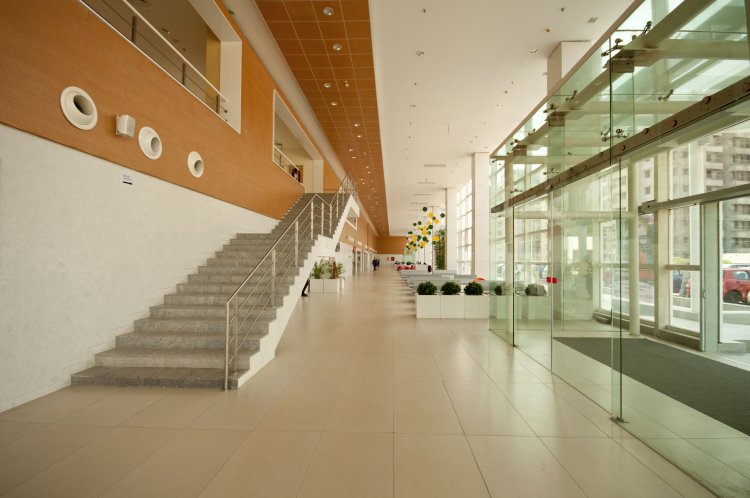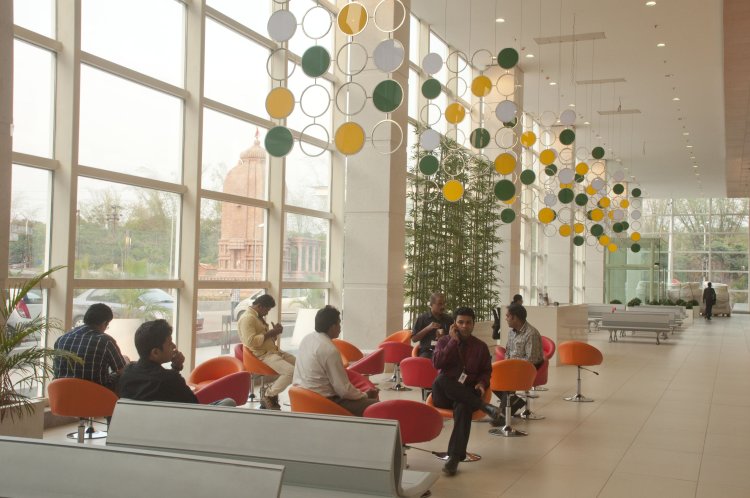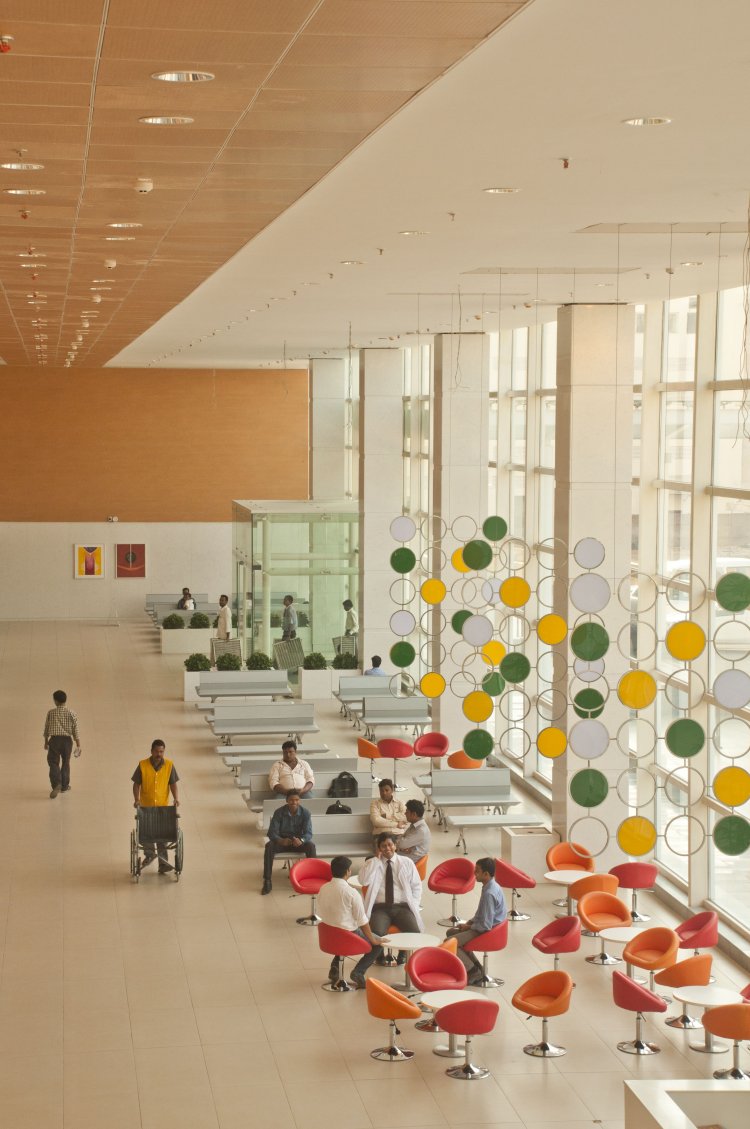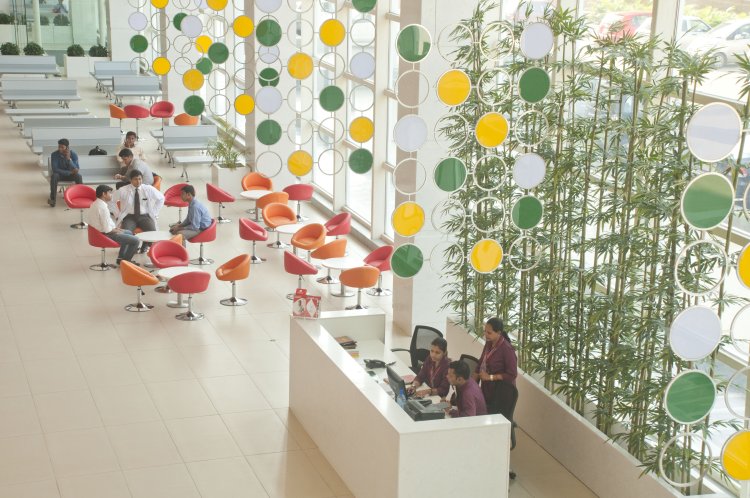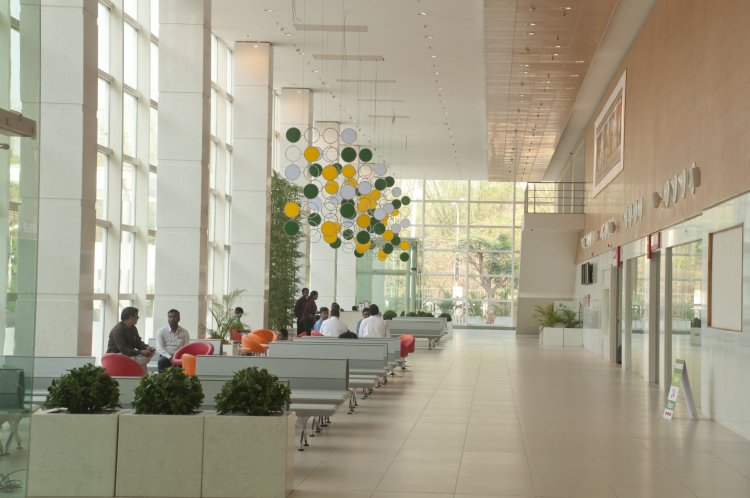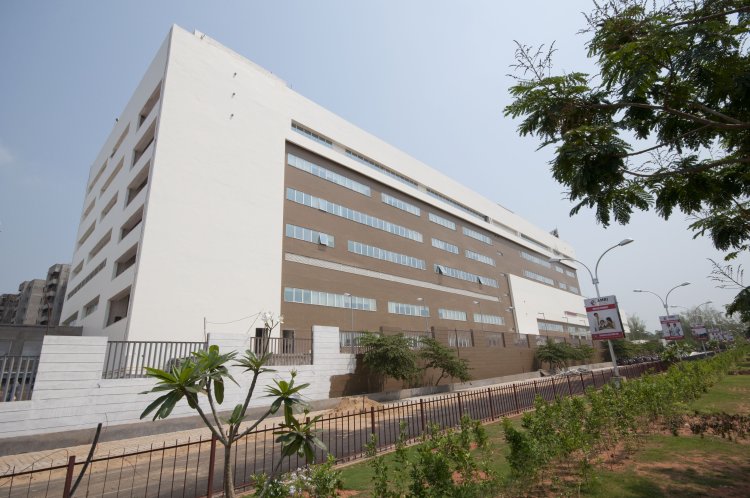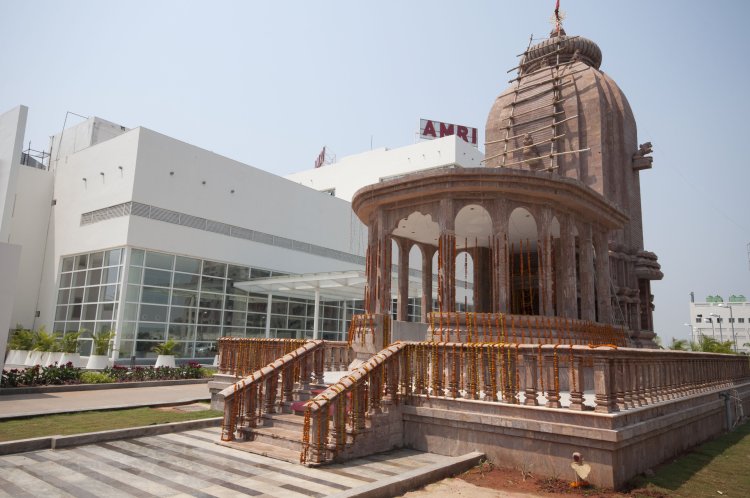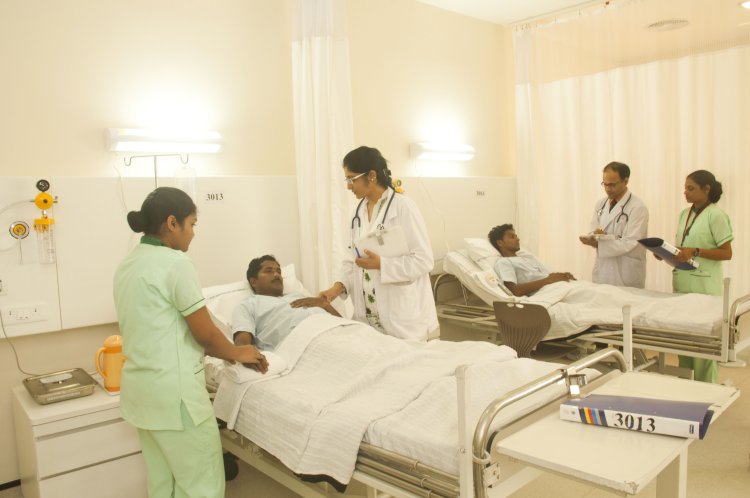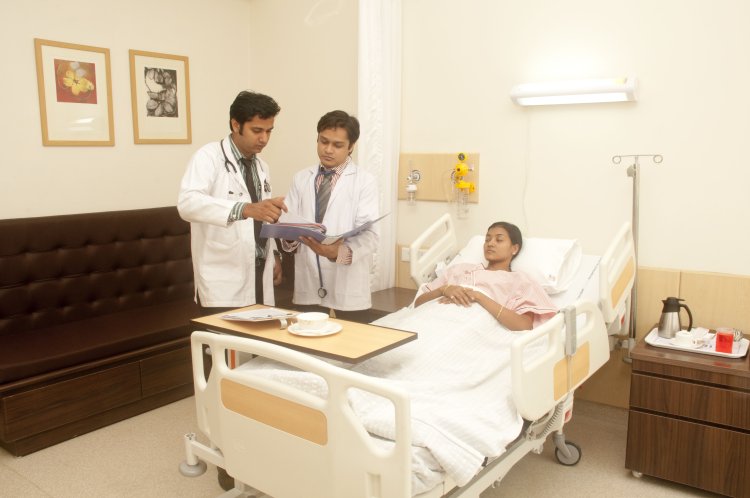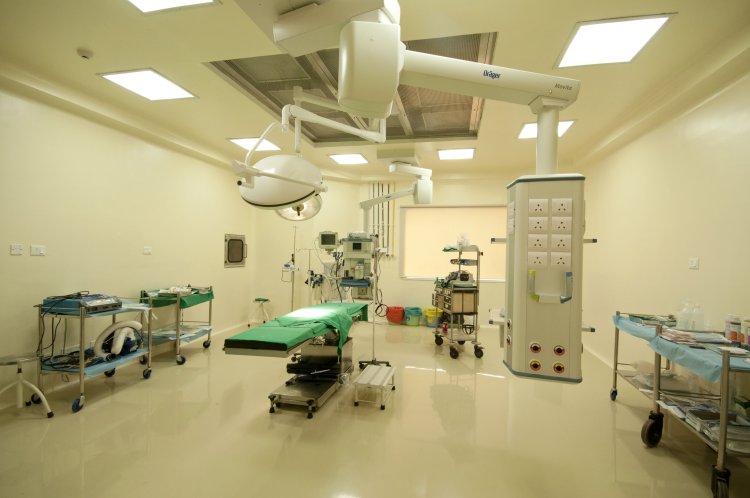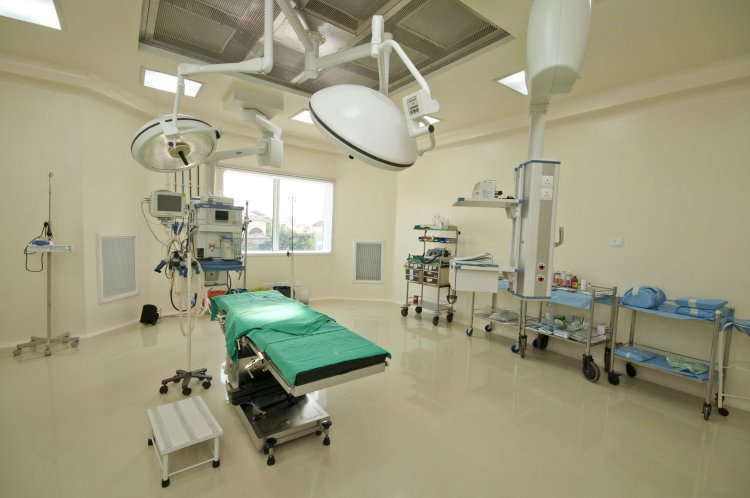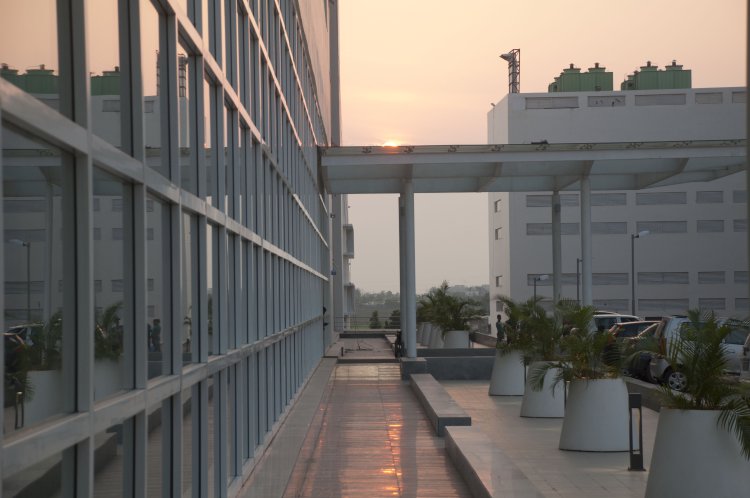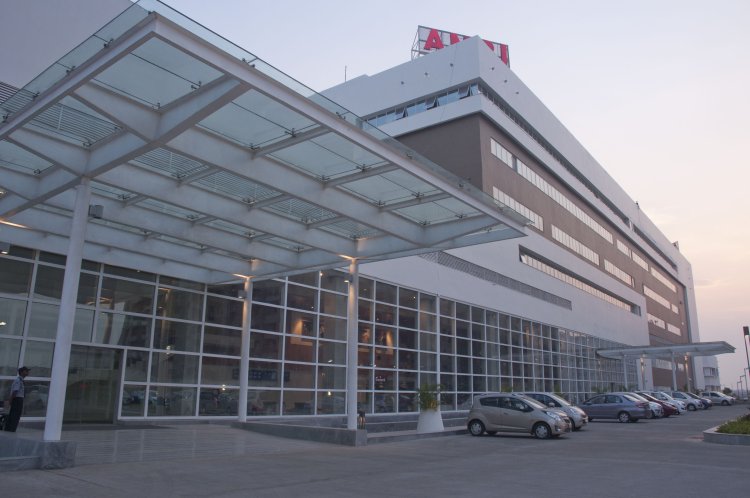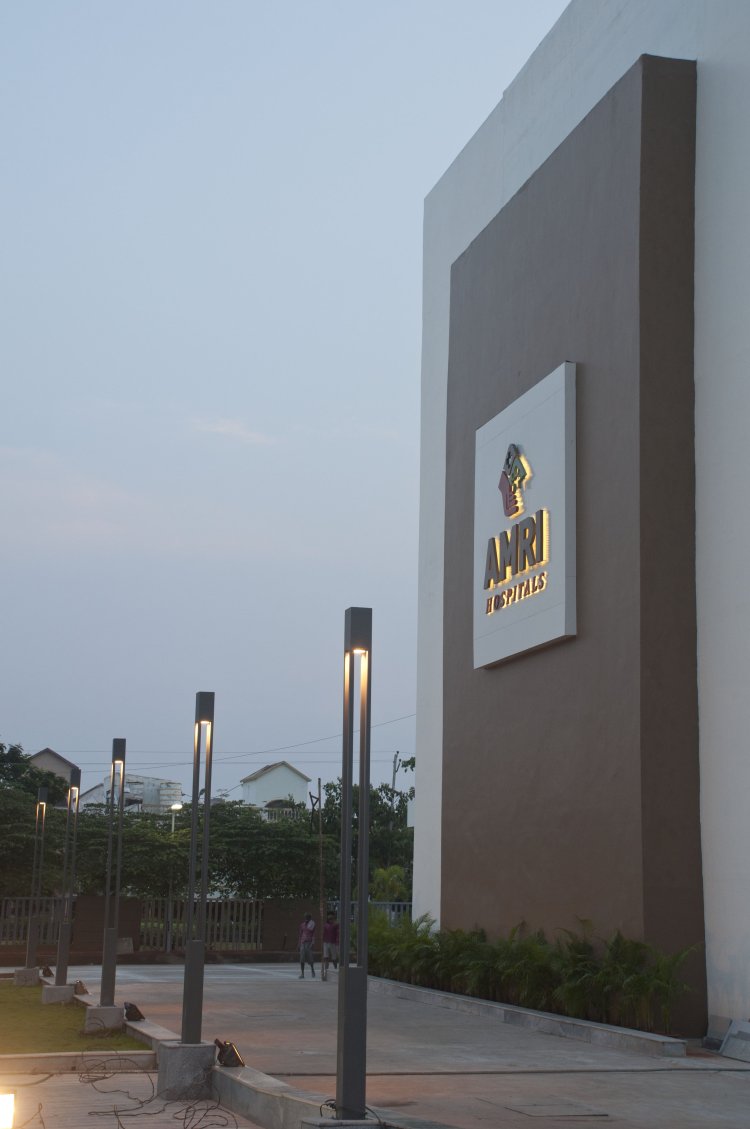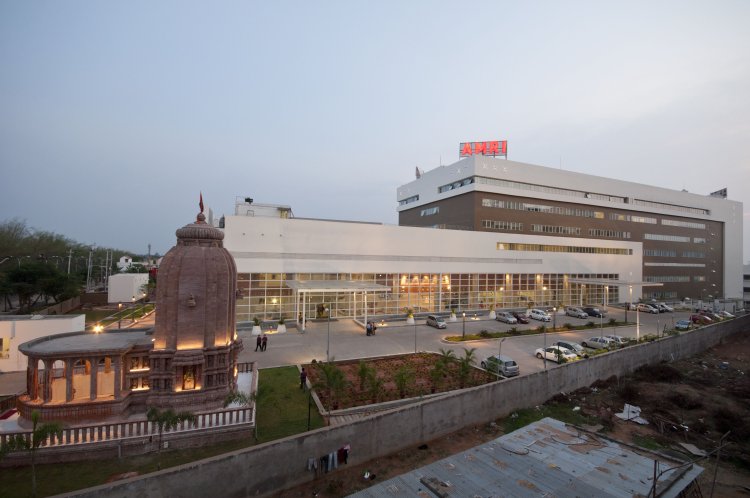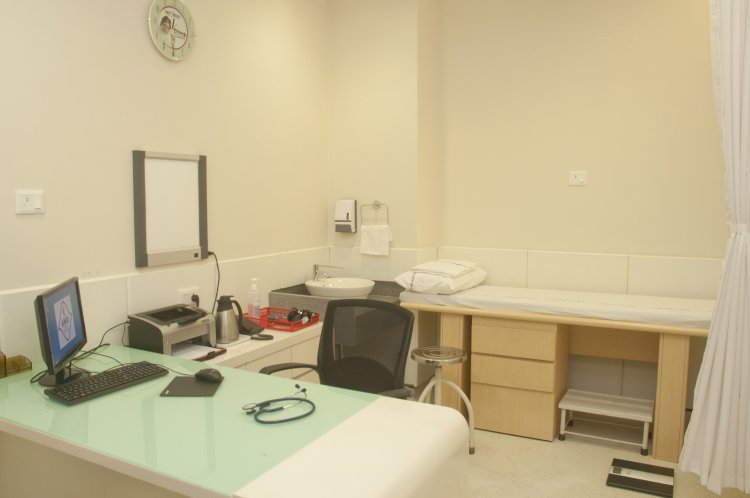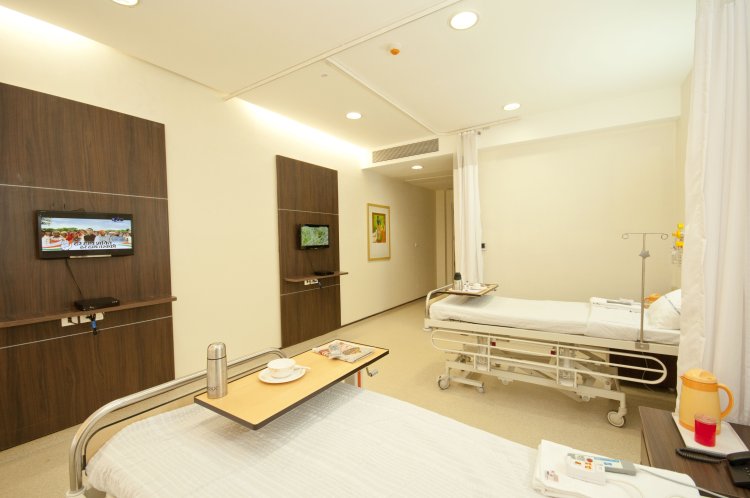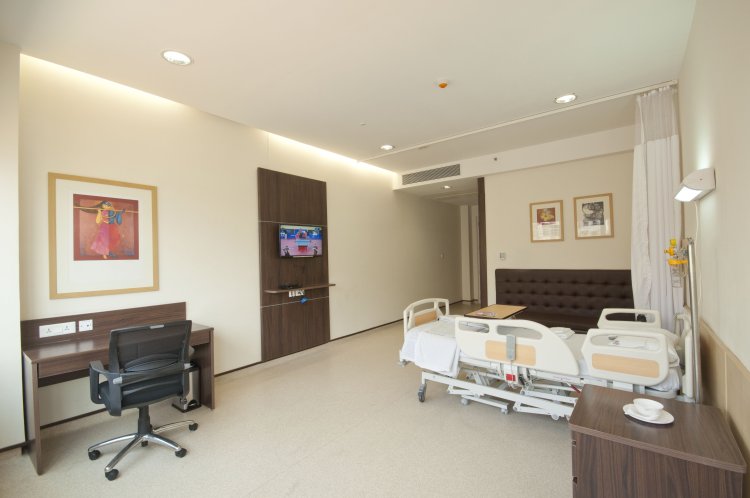ADVANCED MEDICAL RESEARCH INSTITUTUE (AMRI)
AMRI Hospitals Ltd. have always brought in key innovations that make health care services more accessible and affordable, improve the quality and coordination of health care services, and help individuals and their doctors make more informed health care decisions. The hospital at Bhubaneshwar is a realisation of AMRI's vision of setting up multi-specialty hospitals in the capital cities of eastern India and to be a preferred and appreciated destination for both care and work.
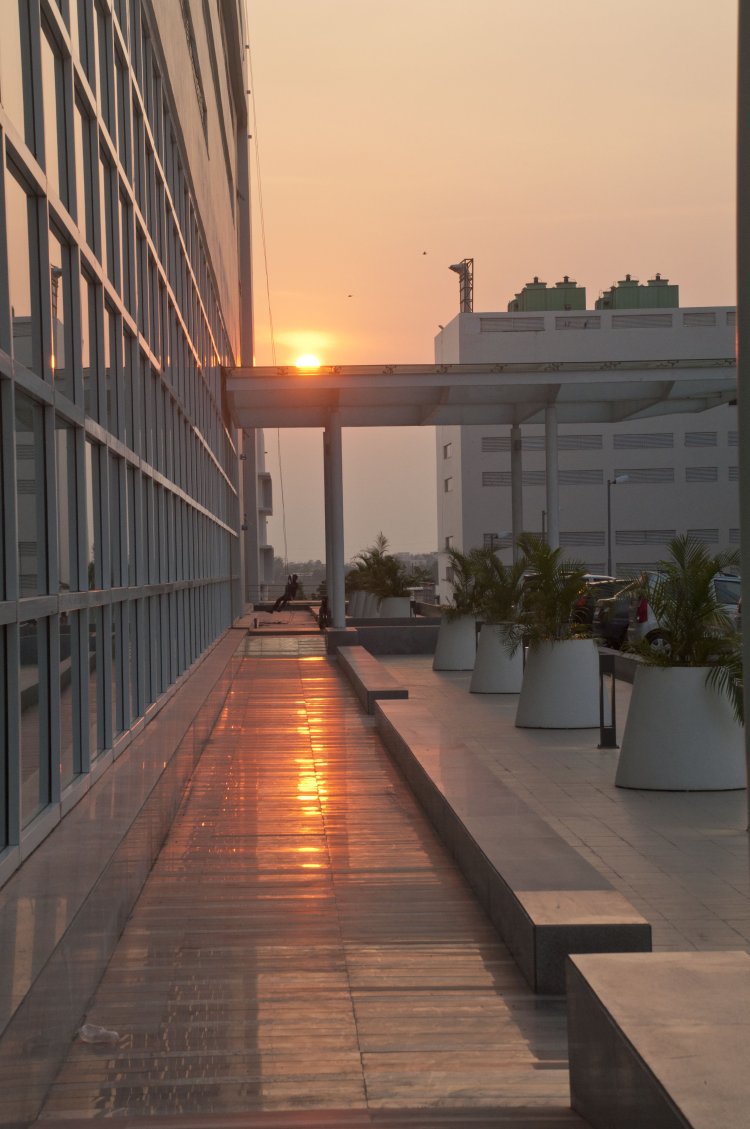
Project: Multispecialty Hospital
Location: Bhubhaneshwar, Odisha
Land Parcel: 5 Acres.
BUA: 400,000 sq. ft.
Completed in Feb 2014
AMRI Hospitals Ltd. have always brought in key innovations that make health care services more accessible and affordable, improve the quality and coordination of health care services, and help individuals and their doctors make more informed health care decisions.
The hospital at Bhubaneshwar is a realisation of AMRI's vision of setting up multi-specialty hospitals in the capital cities of eastern India and to be a preferred and appreciated destination for both care and work.
Our endeavour was to translate this vision through perceptive design. The broad zoning was functionally organised in a linear plan, with simple and efficient circulation but sensitive to site conditions. Though spread over 40,000sq.m, a humane scale and character with a minimalist expression was maintained. Spatial effects have been employed to create healthcare environments. Planning provisions are in line with the best clinical practices that encourage infection control and present opportunity for flexibility, adaptability and functional efficiency.
The correct usage of colour in both patient and non-patient area are known to have positive effects on the moods of the occupants leading to better healing and reduction of stress levels. Eschewing away from the infamously sterile décor associated with hospitals, we chose to bring in colour, texture and way finding through the regional and traditional art forms, signage and cheerful-warm imagery on graphic walls, to assuage the patient's hospital stay.
Every effort has been made to make the building look non-clinical from the insides and outside in an attempt to recast the wide-spread image of sterile and cold hospitals into a more humane and warm mould thus enhancing the affectivity of the hospital building program.
